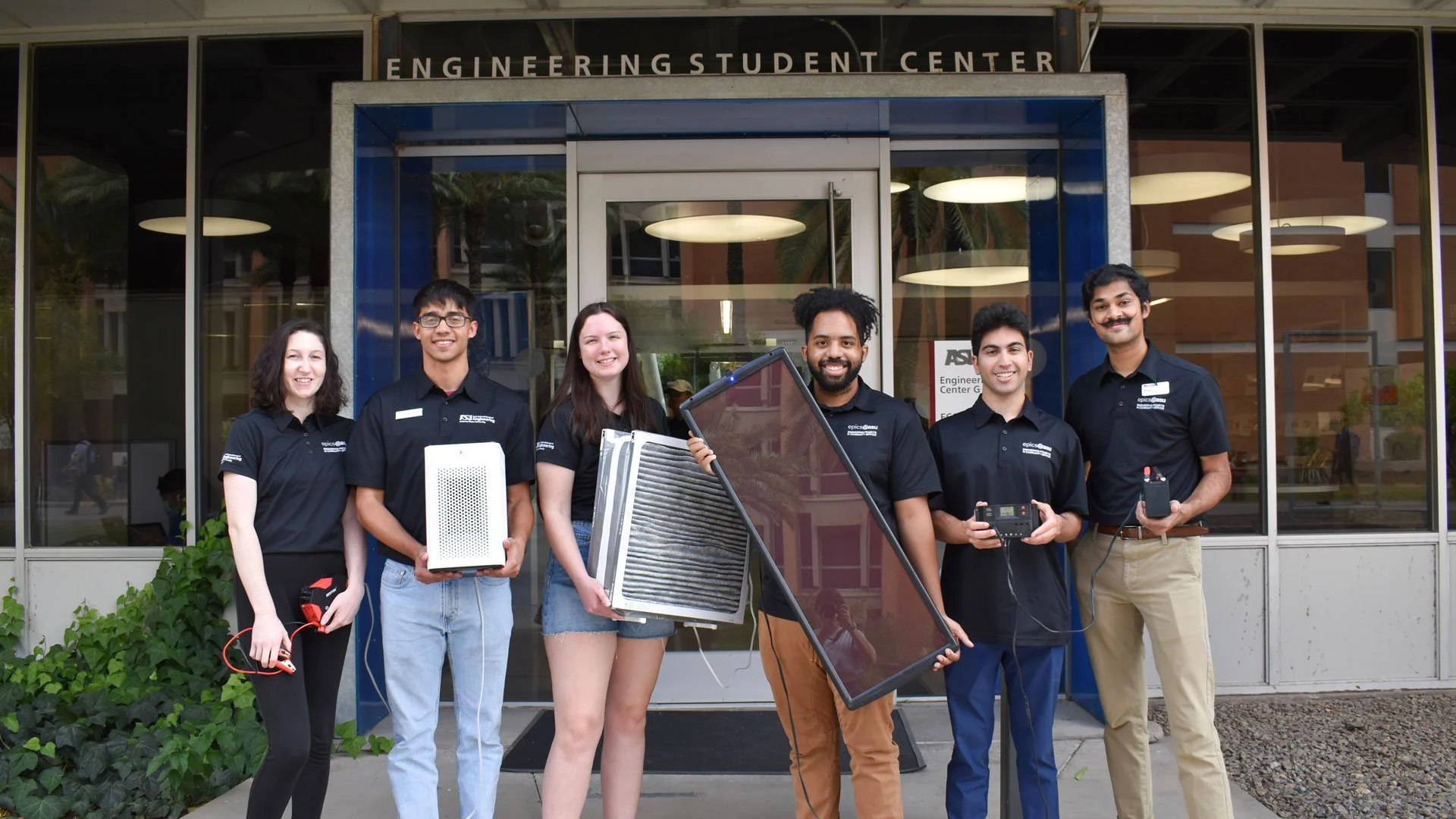How it Began
At Arizona State University, a program exists meant to connect students with real world engineering problems, and develop their skills while providing a betterment to the community. This program is known as “Engineering Projects in Community Service,” or EPICS, and is an award-winning community service and social entrepreneurship program. Teams work together to design, build, and deploy systems to solve engineering-based problems for charities, schools, and other not-for-profit organizations.
As an externality of climate change, desertification has impacted 70% of Mongolia’s grasslands, and much of the nomadic pastoralist population of the nation has been forced to give up their traditional lifestyle and move their dwellings to the edge of the capital. As a result, this yurt district community, which is disconnected from the city’s infrastructure, is forced to burn raw coal to stay warm in the Siberian winter, leading to air pollution rivaling that of cities like Beijing and New Delhi, cities with twenty times the population of Ulaanbaatar. The health effects that this is having on the people of the yurt districts, especially the children, are horrendous. Kids who grow up in the yurt districts have a lung capacity of only 40% of their rural counterparts. It's like being 6 years old and having 10 years of chain smoking on you already.
When we found out about this issue through the World Health Organization we became passionate about becoming involved. We connected with the Taiwanese Fund for Children and Families which gave us the opportunity to implement a solution for the 12 gers that they sponsor. “Project Koyash,” named after the Mongolian god of the sun, was formed to develop autonomous, solar-powered air filters that would improve the air quality within the homes of the families that reside in the Ger District of Ulaanbaatar.
